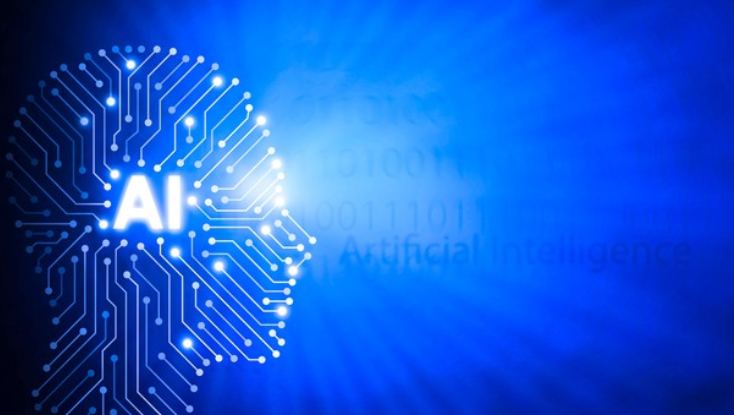AI Quietly Enters the Workplace: Making Decisions and Causing Trouble
-
Currently, entrepreneurs are viewing artificial intelligence as the future. "Since the release of ChatGPT, every job that involves human interaction with keyboards could be affected," says The Wall Street Journal. AI has already profoundly changed the way people work in Europe and the U.S., and this change could be helpful, obstructive, or even erroneous.

"As technology continues to evolve and its potential impact unfolds, Wall Street is undergoing an AI revolution," reports Bloomberg. Deutsche Bank is using AI to scan investment portfolios of high-net-worth clients, while ING employs AI to screen for potential defaulters. According to CNBC, JPMorgan Chase is developing an AI-powered conversational service similar to ChatGPT to provide tailored investment advice to clients.
Alberto Russo, a finance professor at Georgetown University, told the media that many asset management firms now offer clients a hybrid advisory service combining human and AI advisors. AI is expanding the market for financial advisors, making it more cost-effective to serve clients with lower wealth levels. Russo believes that as more portfolio management shifts to algorithms, technical portfolio allocation skills are becoming less critical. However, for financial advisors, explaining how algorithms work and helping investors navigate volatile markets is becoming increasingly important.
While AI assists employees in working more efficiently, it has also begun to leverage its expertise to quietly "eliminate" jobs. The Washington Post recently reported that HR managers have already used AI to aid in recruitment, and new technologies can also provide recommendations for interviews, hiring, and internal promotions. In the current wave of tens of thousands of layoffs in Silicon Valley, AI's role in HR has expanded further, being used to determine who should be let go.
The report cited a January survey of 300 U.S. companies, in which 98% of HR leaders said that due to the sheer volume of layoffs required, software and algorithms would help them carry out layoffs this year.
Brian Westfall, a senior HR analyst at software review site Capterra, noted that many metrics in the layoff decision-making process are unclear. However, AI can calculate which factors contribute to higher "flight risk" among employees, providing a reference for layoff decisions.
While AI aids workplace decision-making, there have also been instances of it "causing trouble." According to the BBC, New York lawyer Schwartz used ChatGPT for case research but encountered AI "fabrications"—ChatGPT provided him with six fake judicial rulings. Schwartz submitted these to the judge without verification and is now facing a disciplinary hearing. He expressed "deep regret" for relying on the chatbot, stating he had never used it for legal research before and was "unaware the content could be false."
Perhaps this case illustrates how over-reliance on AI could mark the beginning of job losses. Survey data shows that for companies at the forefront of AI adoption, coding is the most popular application, with 66% of businesses using it. Additionally, 58% use AI for copywriting or content creation, 57% for customer service, and 52% for meeting or document summaries. The Wall Street Journal cites analysis by Darrell West, a senior fellow at the Brookings Institution, stating that AI is enabling companies to further "trim down," making many entry-level employees redundant.
Recently, IBM CEO Arvind Krishna publicly stated that the company currently has 26,000 non-customer-facing positions, 30% of which (7,800 jobs) are expected to be replaced by AI within five years. Krishna also announced that IBM would pause hiring for non-customer-facing roles.
